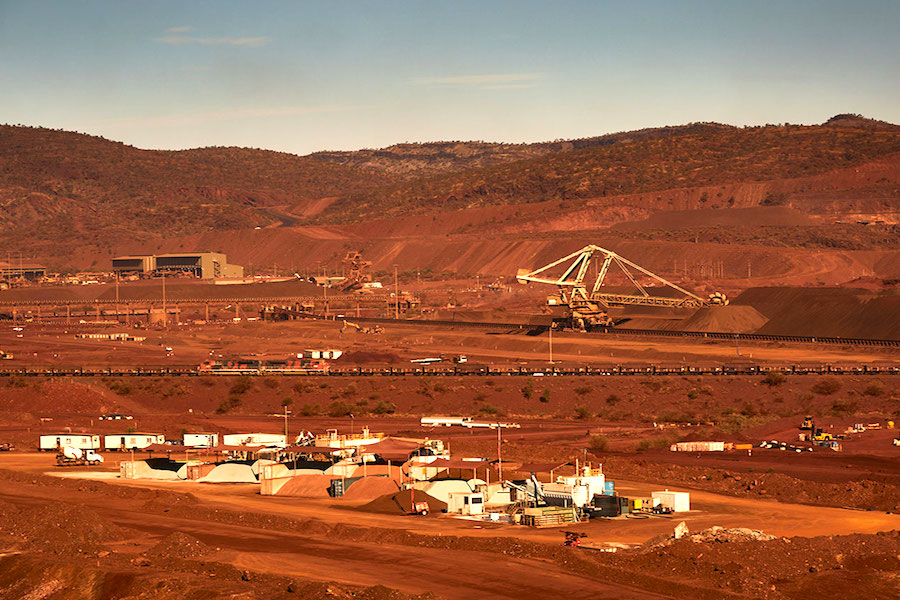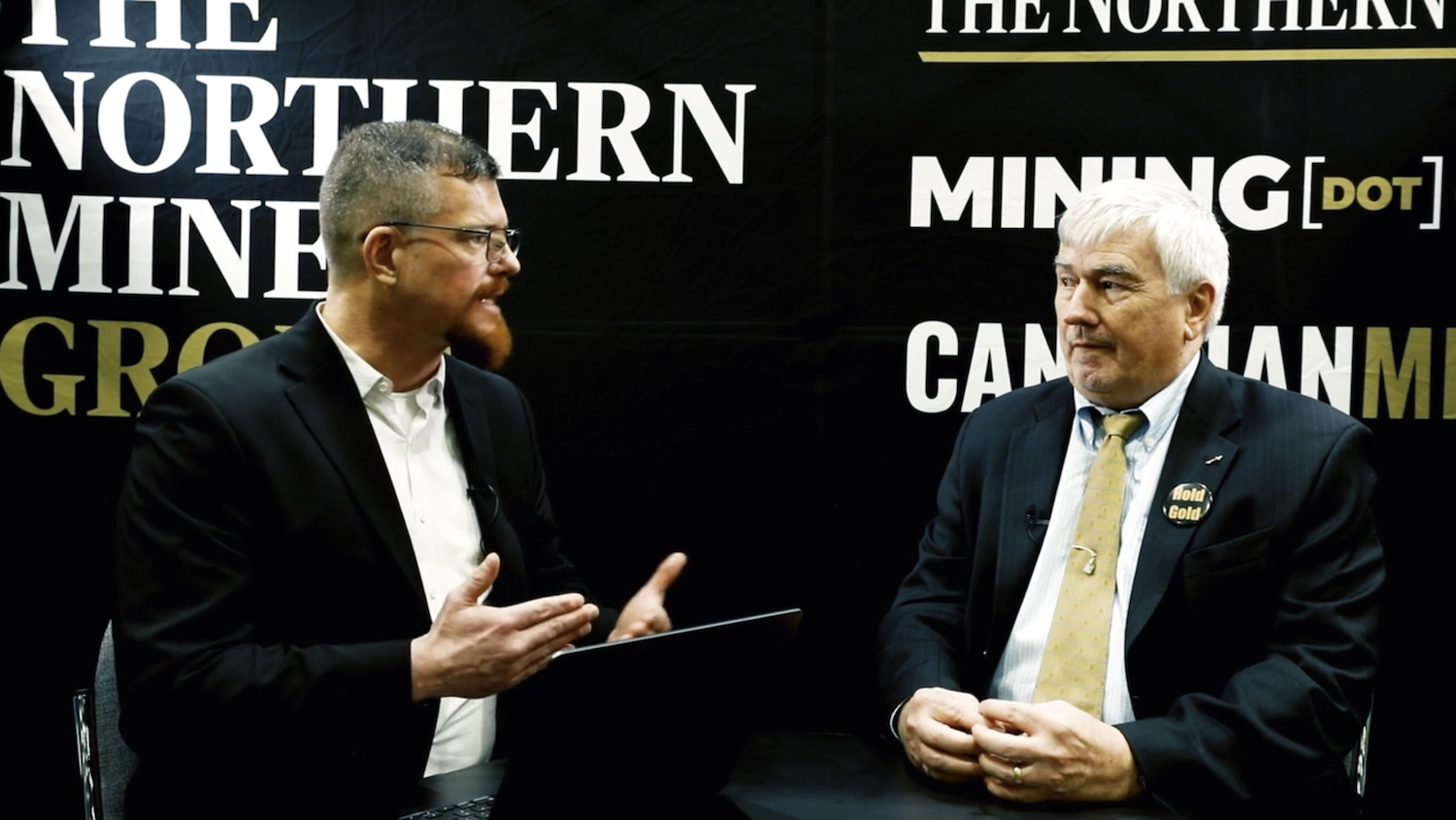BHP expects China to underpin commodities demand in 2023

China is set to be a stabilizing force for commodities demand this year as developed nations face economic headwinds, BHP Group Ltd said on Thursday as it posted higher quarterly iron ore shipments that edged past expectations.
Its view contrasts with that of peer Rio Tinto, which said this week that China’s reopening from covid-19 restrictions could raise near-term risks of labour and supply-chain shortages.
Both, however, see China’s measures to support its property sector as underpinning solid demand for their steel-making products.
“China’s pro-growth policies, including in the property sector, and an easing of covid-19 restrictions are expected to support progressive improvement from the difficult economic conditions of the first half,” BHP said.
The world’s largest listed miner said iron ore production from mines it operates Western Australia on was 74.3 million tonnes for the three months ended December, up 1% from 73.9 million tonnes a yearearlier and beating a consensus of 71.9 million tonnes.
The mining giant reaffirmed its fiscal 2023 forecast for Western Australian iron ore output at between 278 million tonnes and 290 million tonnes.
“It’s a pretty solid result. Pricing we expected would be weaker in the half, costs we expected would be higher, but the in the second half may be some relief,” as the rate of inflation growth slows, said analyst David Lennox of Fat Prophets in Sydney.
BHP raised cost guidance for its coal divisions, blaming inflation and after floods impacted operations this year, while reiterating that it would not make major investments in Queensland because that state had raised royalty payments.
“We see strong long-term demand from global steelmakers for Queensland’s high quality metallurgical coal, however in the absence of government policy that is both competitive and predictable, we are unable to make significant new investments in Queensland.”
BHP boosted unit cost guidance for coal-mining joint venture BHP Mitsubishi Alliance to between $100 and $105 per tonne and unit cost guidance for New South Wales energy coal division to between $84 and $91 per tonne.
(By Harish Sridharan and Himanshi Akhand; Editing by Devika Syamnath and Bradley Perrett)
{{ commodity.name }}
{{ post.title }}
{{ post.date }}




Comments